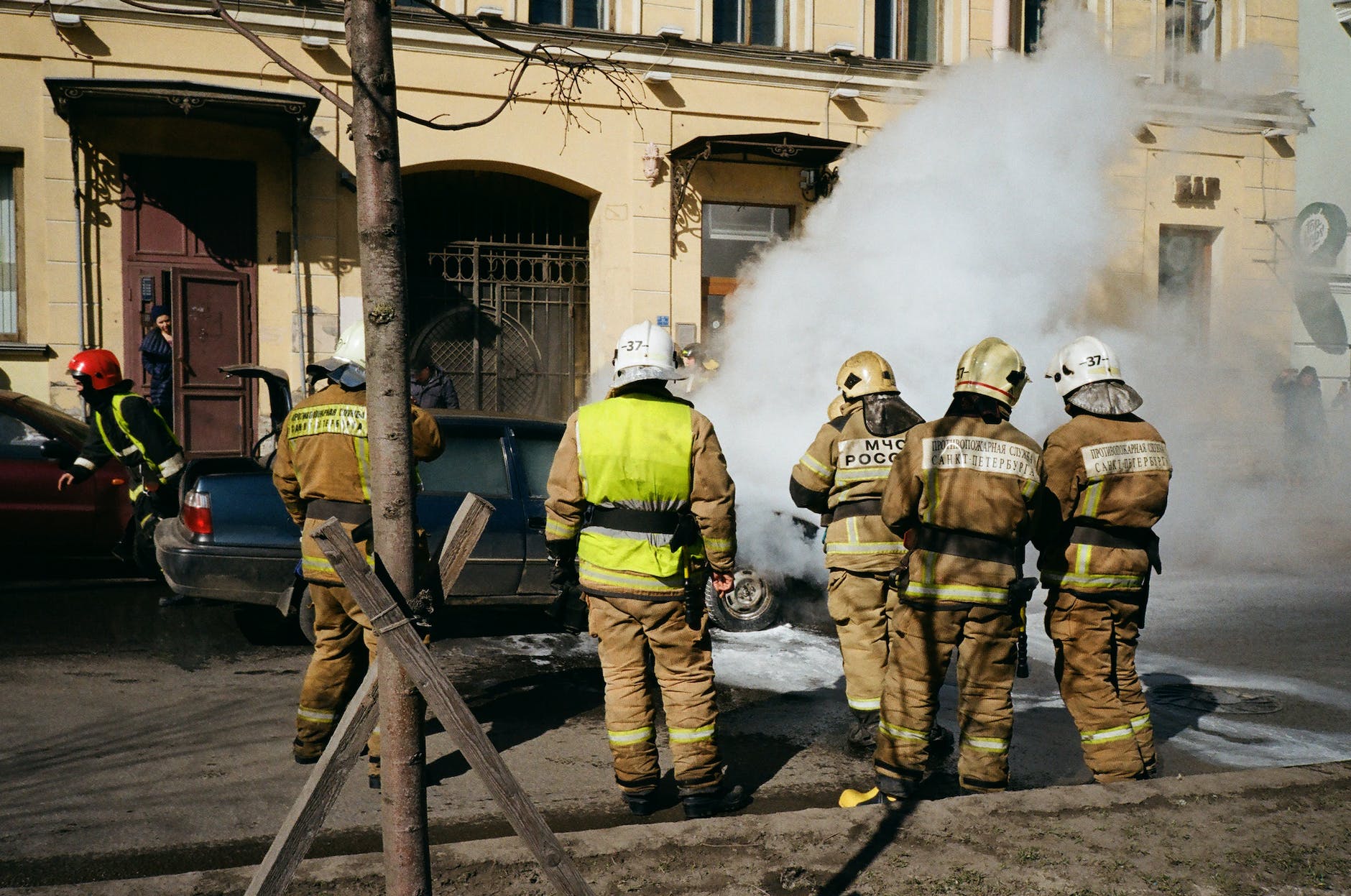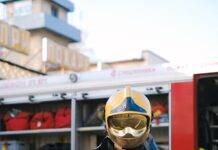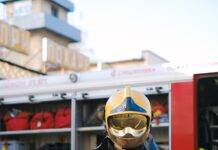
Fire Safety and Emergency Response: Protecting Lives and Property
Introduction
Fire Safety and Emergency Response : In today’s fast-paced world, where uncertainties can strike at any moment, being prepared for emergencies is not just advisable but essential. One of the most critical aspects of emergency preparedness is fire safety. Fires can devastate lives and property within minutes, making it imperative for individuals and communities to have a robust fire safety and emergency response plan in place. In this article, we will explore the importance of fire safety, the key elements of a comprehensive fire safety plan, and how individuals and organizations can effectively respond to fire emergencies.
Understanding Fire Safety
The Fire Triangle: Fuel, Heat, and Oxygen
Before delving into fire safety measures, it’s crucial to understand the basic principles of fire. Fire is a chemical reaction that requires three components: fuel, heat, and oxygen. Removing any of these elements can extinguish a fire. This fundamental knowledge forms the basis of fire safety practices.
The Importance of Fire Safety
Preventing Loss of Life
The primary goal of fire safety is to prevent the loss of life. Fires can spread rapidly, and without proper precautions, people can become trapped or injured.
Protecting Property
Beyond lives, fires can cause extensive property damage. Fire safety measures aim to minimize the destruction of buildings and belongings.
Elements of a Comprehensive Fire Safety Plan
Fire Prevention
Regular Inspections
Regular inspections of buildings, electrical systems, and heating equipment can identify potential fire hazards. Addressing these issues promptly can prevent fires from starting in the first place.
Smoke Alarms and Detectors
Installing smoke alarms and detectors throughout a building is a simple yet effective way to alert occupants of a fire in its early stages. These devices save lives by providing early warning.
Emergency Response
Evacuation Plans
Every building should have a well-thought-out evacuation plan. This plan includes designated exit routes, assembly points, and procedures for assisting individuals with mobility challenges.
Fire Extinguishers
Fire extinguishers, strategically placed, can be used by trained individuals to combat small fires. They can prevent fires from spreading while waiting for professional firefighters.
Fire Department Contact
911 and Beyond
In the event of a fire, immediately dial 911 to summon professional firefighters. Provide accurate information about the location and size of the fire for a swift response.
Personal Fire Safety Measures
Home Fire Safety
Safe Cooking Practices
Kitchen fires are common. Practicing safe cooking habits, such as never leaving cooking unattended and keeping flammable materials away from the stove, can prevent fires.
Electrical Safety
Overloaded circuits and faulty wiring can lead to fires. Regularly inspect and maintain electrical systems to reduce this risk.
Conclusion
In conclusion, fire safety and emergency response are essential aspects of modern life. By understanding the science behind fires and implementing comprehensive fire safety plans, we can protect both lives and property. Remember, fire safety is a shared responsibility, and every individual should take proactive steps to minimize the risk of fires.
Welding Machine Inspection: Valid Certificate, Validity, Colour Coding
Welding Hazards and Precautions
Electric Car Fire Extinguishers
FAQs (Frequently Asked Questions)
- How can I create a fire safety plan for my home?
- Start by identifying potential fire hazards in your home and then create an evacuation plan with designated meeting points.
- What should I do if I discover a small fire in my home?
- If it’s safe to do so, use a fire extinguisher to try and extinguish the fire. If not, evacuate immediately and call 911.
- Are smoke alarms really necessary in every room?
- Yes, smoke alarms should be installed in every bedroom, outside each sleeping area, and on every level of the home.
- How often should I inspect my electrical systems for safety?
- Electrical systems should be inspected at least once a year by a qualified electrician.
- What are the most common causes of residential fires?
- Cooking-related incidents, electrical faults, and heating equipment malfunctions are among the leading causes of residential fires.
























